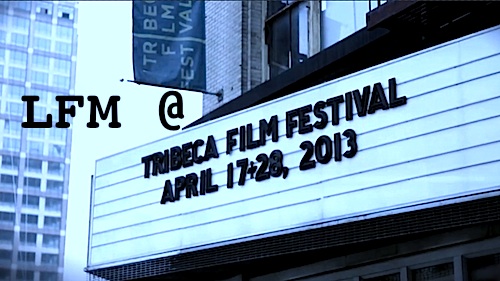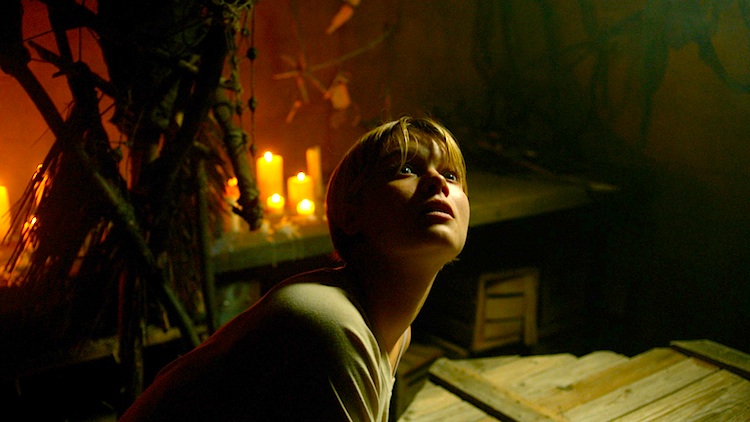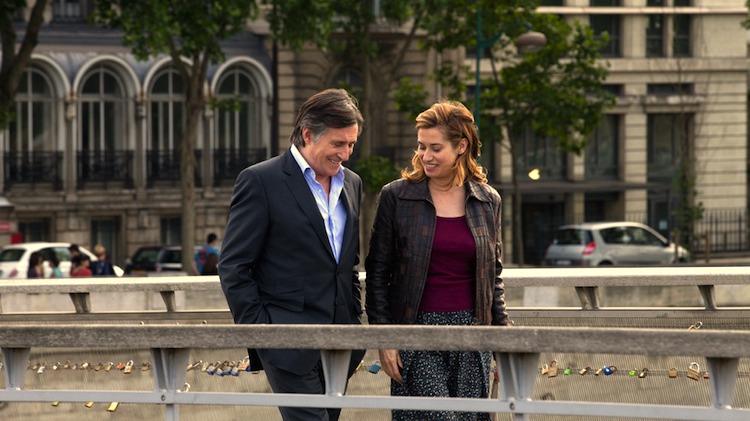By Joe Bendel. Elaine Stritch won the Tony and Emmy Awards along with legions of fans for her incomparable Broadway and cabaret work. 30 Rock’s twenty or thirty regular viewers were probably also grateful to her for classing up the joint with her regular guest appearances. Even if more critics than viewers followed the show, at least Chiemi Karasawa could enlist Alec Baldwin as a co-executive producer for her documentary profile, Elaine Stritch: Shoot Me, which screens as a Spotlight selection of the 2013 Tribeca Film Festival.
Elaine Stritch appeared in a Broadway production of Dracula with Bela Lugosi and introduced the world to “The Ladies Who Lunch.” Stritch’s brassy, acerbic performing style has made her the preeminent interpreter of the Sondheim songbook. Without question, they are one of the truly great vocalist-lyricist tandems. Anyone who tackles the “Ladies” stands in her long shadow.(Cassandra Wilson’s rendition was perhaps the shrewdest, cranking the tune down on Don Byron’s Fine Line album.) However, as Stritch begins rehearsals with her supportive music director, Rob Bowman, she starts having trouble.
 A documentary like Shoot Me necessarily involves a delicate balance. Fans will want to see the wise-cracking, cosmo-swilling, “Ladies”-belting Stritch they adore from her shows. Yet, cinema patrons have an expectation of on-screen drama and a desire to peak underneath the public persona. Karasawa finds a nice balance, including plenty of Stritch’s zingers, but not ignoring the challenges she faced over the course of a difficult year. As a result, viewers will be awed by Stritch’s sheer grit as she guts out one show after another.
A documentary like Shoot Me necessarily involves a delicate balance. Fans will want to see the wise-cracking, cosmo-swilling, “Ladies”-belting Stritch they adore from her shows. Yet, cinema patrons have an expectation of on-screen drama and a desire to peak underneath the public persona. Karasawa finds a nice balance, including plenty of Stritch’s zingers, but not ignoring the challenges she faced over the course of a difficult year. As a result, viewers will be awed by Stritch’s sheer grit as she guts out one show after another.
As presented by Karasawa, Stritch might be one of the coolest show business figures ever. There is absolutely no pretense with her. She will tell people exactly what she thinks and make them laugh even when the truth hurts. It also seems like she treats her musicians well, which is always telling.
Karasawa takes a pretty traditional observational-talking head approach, but she gives the audience what it wants, letting Stritch have her full say. Wickedly tart but at times also surprisingly touching, Elaine Stritch: Shoot Me is highly recommended for Stritch, Broadway, and cabaret fans when it screens again today (4/22) and Tuesday (4/23) during this year’s Tribeca Film festival.
LFM GRADE: A-
Posted on April 22nd, 2013 at 11:36am.


